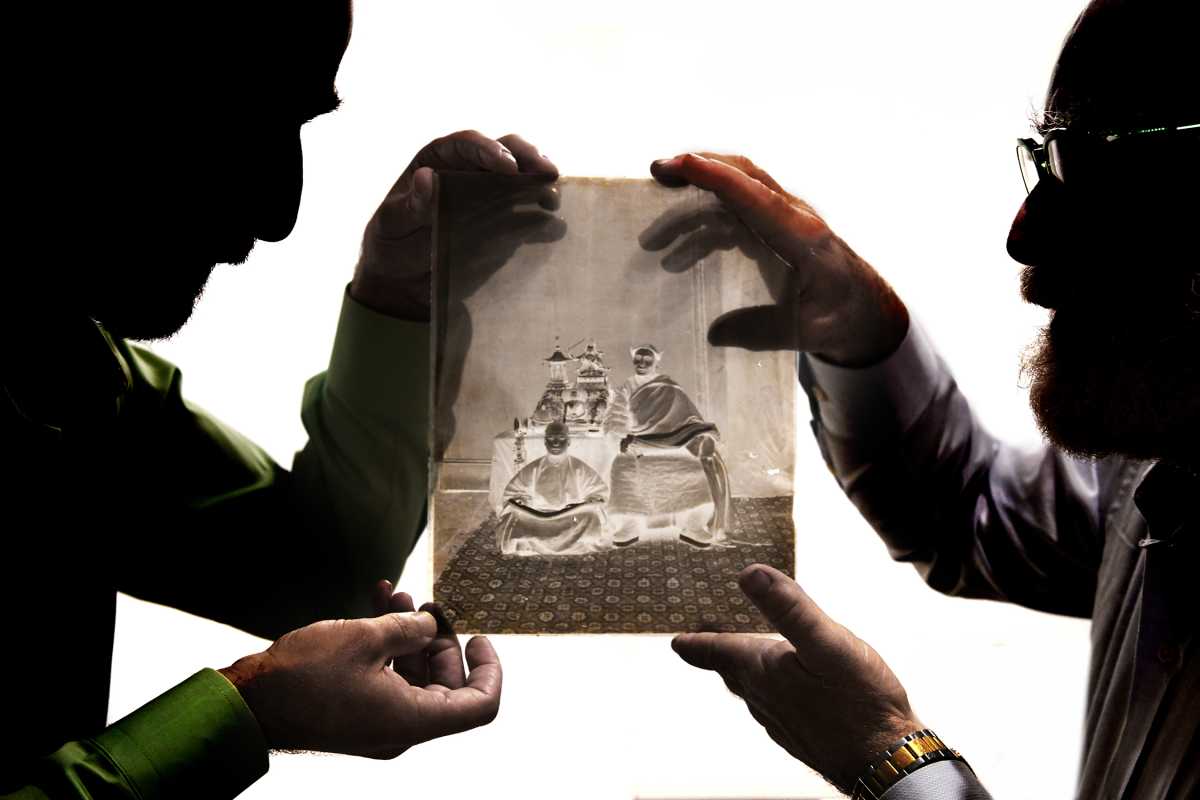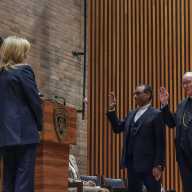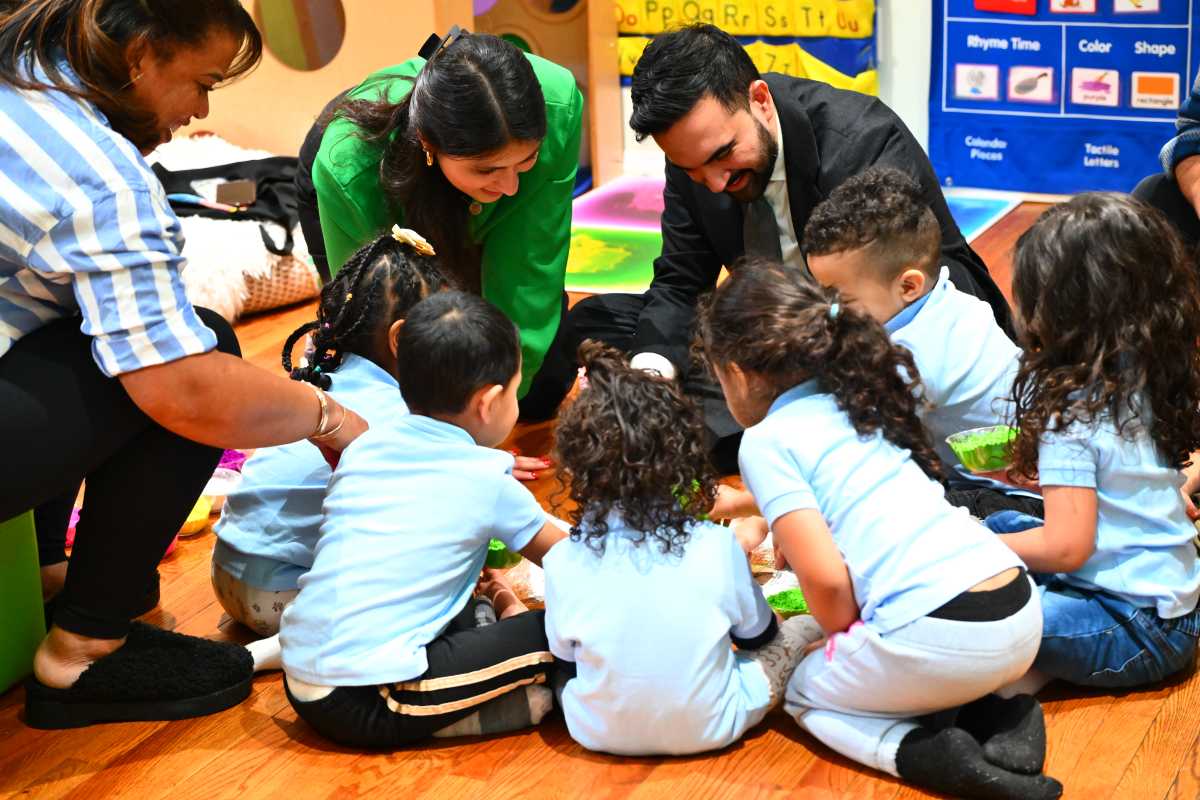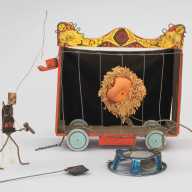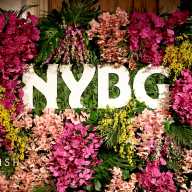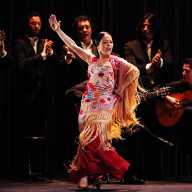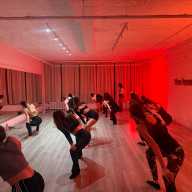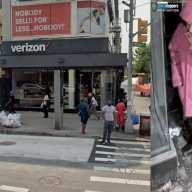In these days of digital photography and transitory Instagram stories, people like Stephan Loewentheil and Jacob Loewentheil are in the business of appreciating what came before.
The father-and-son company, “The 19th Century Rare Book & Photography Shop,” located in the Flatiron District, deals in images and books made in a time when neither were as plentiful as they are now, with an eye towards preserving history.
“We deal in things that transcend momentary trends,” Stephan Loewentheil states. That’s definitely an understatement – antiquarian books that are typically held by museums are in stock, such as a King James Bible from 1613 and the first collected edition of Shakespeare’s poems, which has a price listed as “please inquire” – which means, of course, that we can’t afford it.
We’re pretty sure that we won’t be purchasing the early editions of the Bard’s collected works either, but there is definitely a market, as Stephan Loewentheil mentions that they have “sold more copies of the first edition than any other dealer.”
From Poe to photography
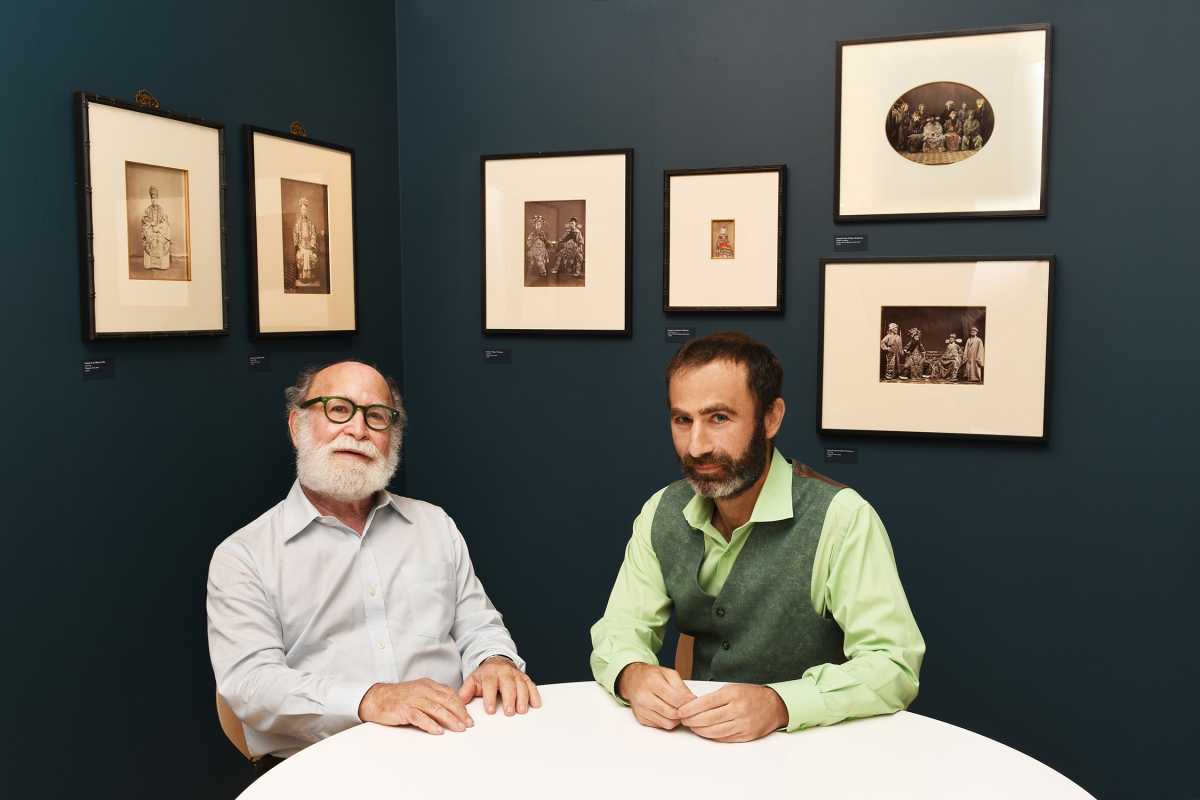
“The establishment of our shop grew out of my father’s deep passion for literature, particularly Edgar Allan Poe,” Jacob Loewentheil explains. “His interest in Poe naturally expanded to other 19th-century thinkers and writers, individuals who shaped intellectual history.”
Jacob Loewentheil recounts how he “grew up working in the shop, and by the time I was 15, I was already putting out my first catalog.” Although he took a brief detour into the film production business, he came back to concentrate on photography, helping his father assemble “the largest collection of 19th and early 20th century Chinese photography in the world,” according to Stephan Loewentheil.
The collection contains over 15,000 images, mostly albumen prints and a few of the glass negatives that have survived.
“Because of the cultural revolution,” Stephan Loewentheil explains, “a lot of paper things did not survive. So almost the entire collection comes from people who had been to China and took the pictures back as souvenirs of their visits or their life there.”
The pair was “very fortunate to be sponsored by the cultural attache from China” to mount a show of the work in Beijing in 2018.
“We were told that it was the earliest significant exhibition of 19th-century photography in China,” Stephen Loewentheil says. “It was extremely well received and the people we worked with there were fabulous – we couldn’t have been treated better.”
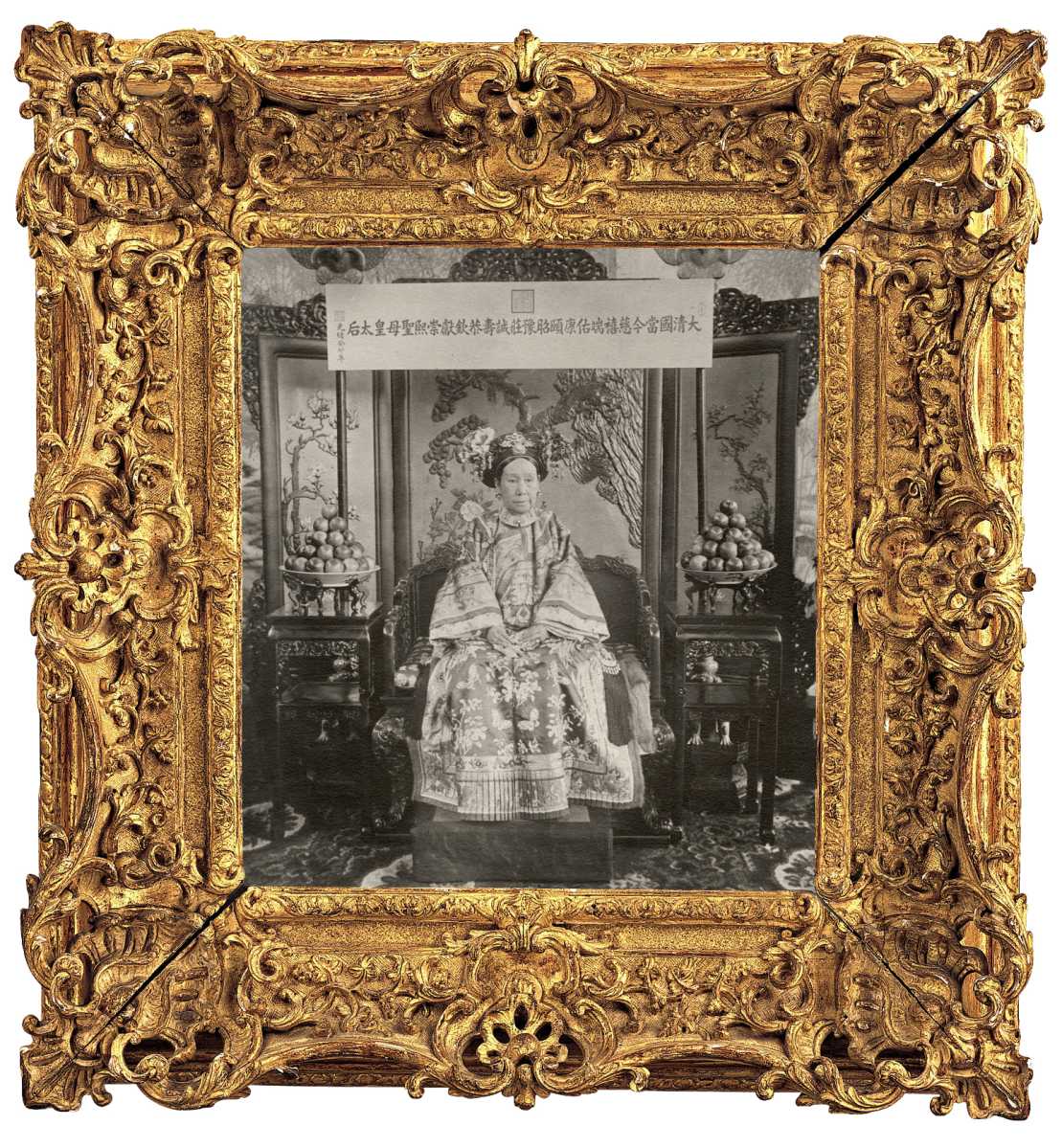
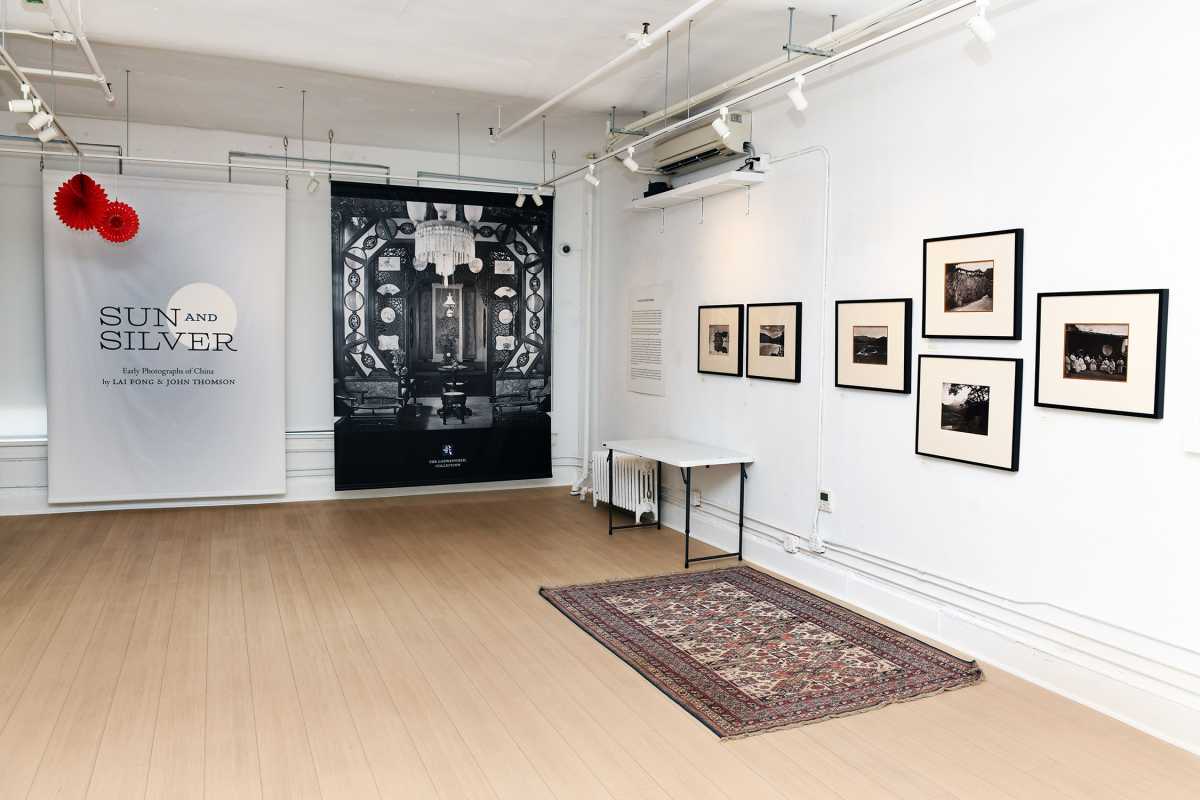
Although the Loewentheils don’t disparage the new technology that, according to Google, produces 5.3 billion photographs daily, they certainly appreciate what went into creating these images.
“They had to prepare each glass plate, reset the camera, go through a lot of machinations,” Stephan Loewentheil says. “They had to carry a very large camera and volatile chemicals; they went up mountains and into the depths of the desert while carrying these things on burros and donkeys and wagons. And they had to get it right the first time.”
Moving a little forward in time, Jacob Loewentheil has been immersed in the Sternberger collection, an archive that he found just waiting for him in one of his father’s closets.
“It’s a project that holds great significance for me,” he muses. “It’s a remarkable archive of photographs and related ephemera by Marcel Sternberger, a photographer who captured some of the most intimate and influential portraits of writers, artists, and thinkers of the early 20th century.”
That’s not hyperbole, as that archive contains Albert Einstein, Frida Kahlo, Sigmund Freud, Indira Gandhi, and the image of Franklin Delano Roosevelt that was used as a reference for the dime.
He has produced a monograph featuring the work in a book titled “The Psychological Portrait: Marcel Sternberger’s Revelations in Photography,” and limited edition estate prints printed from the original negatives are also available.
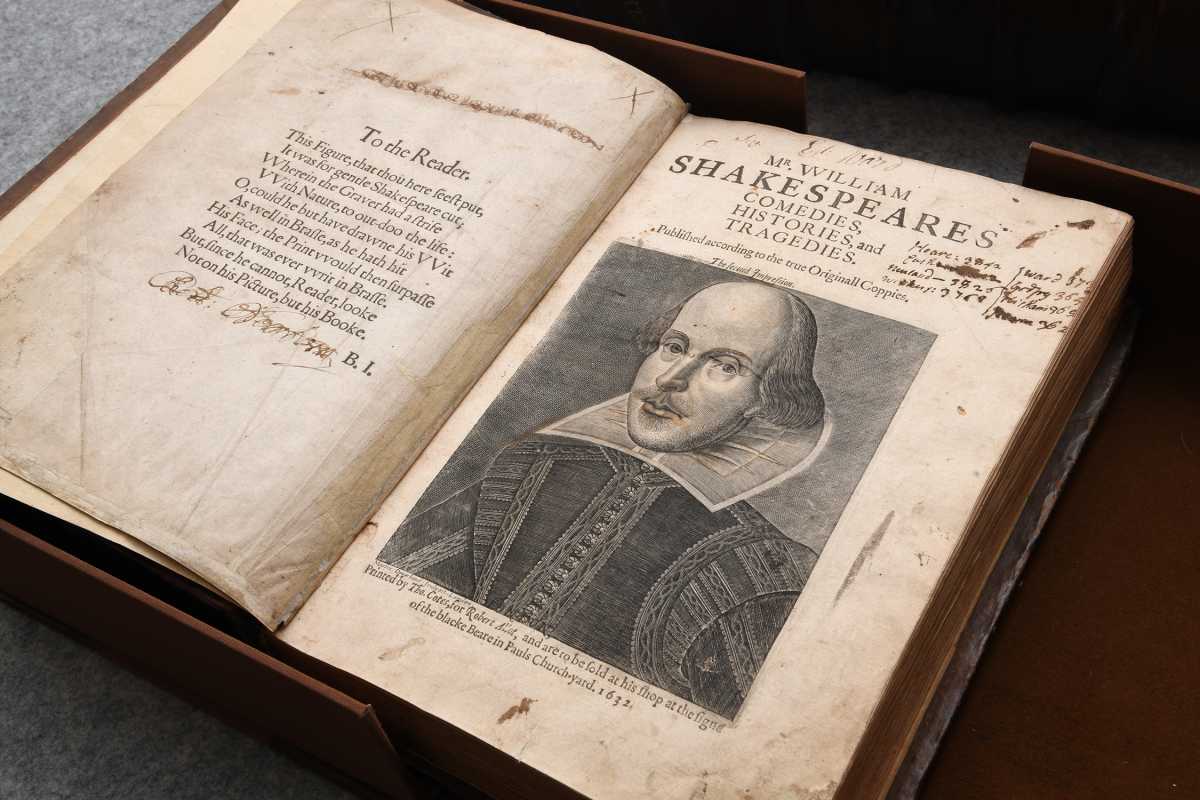
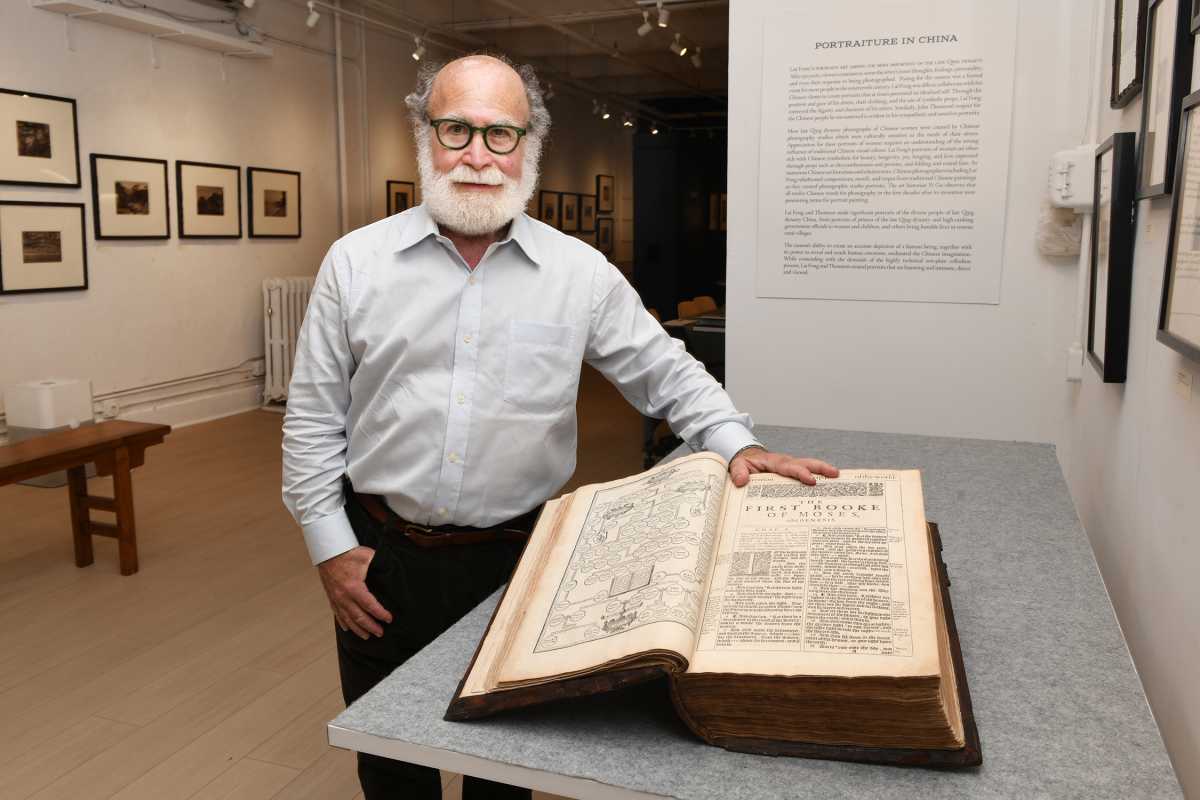
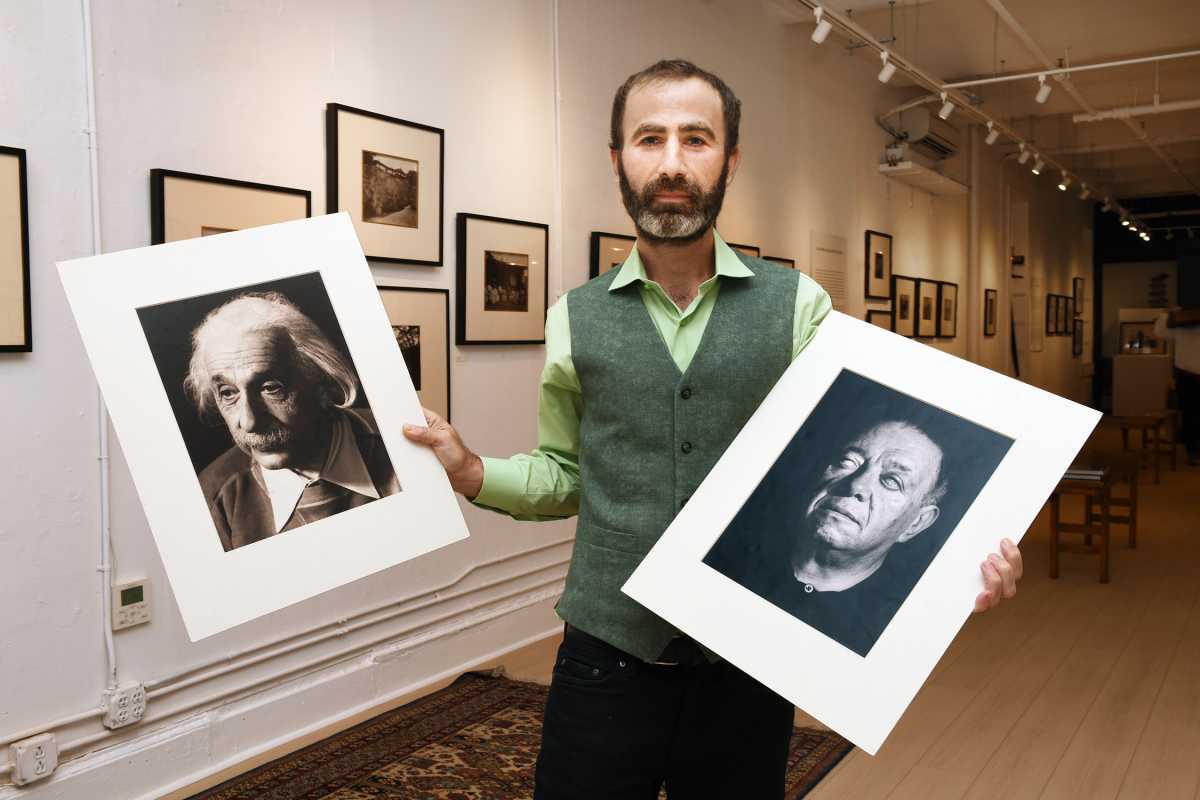
Jacob Loewentheil is also involved in exploring the life of Jack Kerouac, which he says is “a lifelong passion.”
“I’ve spent years building a collection of materials related to Jack Kerouac, including unpublished letters, important first editions inscribed by Kerouac, personal possessions and manuscript material,” he says. “These pieces are not just valuable artifacts; they also help tell the story of Kerouac’s life and work.”
His book “Running Through Heaven: Visions of Jack Kerouac” and a related exhibit at the Grolier Club in March 2026 are coming up.
It’s a gift to make a living doing something you love, and even more so when you have a purpose in doing it. “These collections serve as windows into the past, offering a glimpse into the lives of those who shaped our understanding of literature, photography, and culture,” says Jacob Loewentheil. “Ultimately, we see ourselves as custodians of these and our other items, protecting them for succeeding generations.”
When asked if either of them creates their own photographs, Stephan Loewentheil just laughs, “No, we can’t live up to what we sell, so it would be too frustrating.”
The shop and gallery are open by appointment only. Information is available at 19thshop.com and SternbergerCollection.com.



